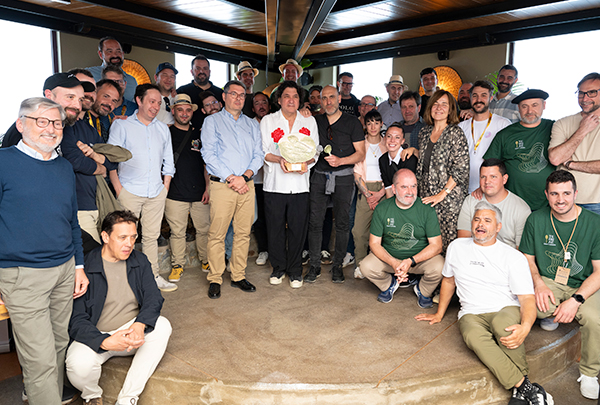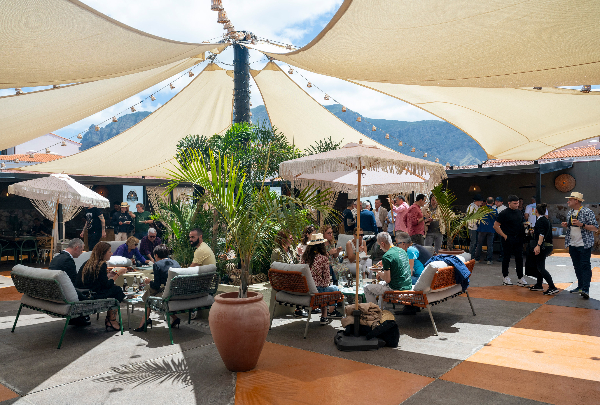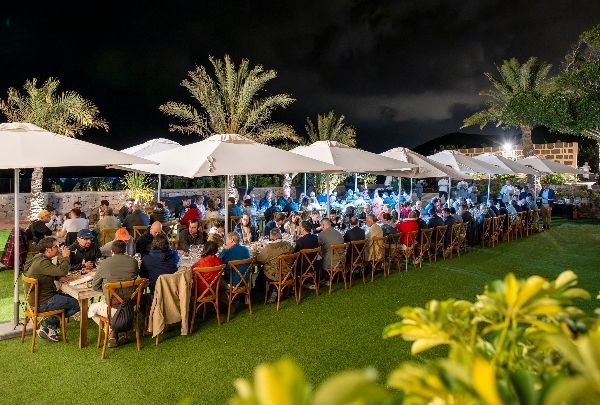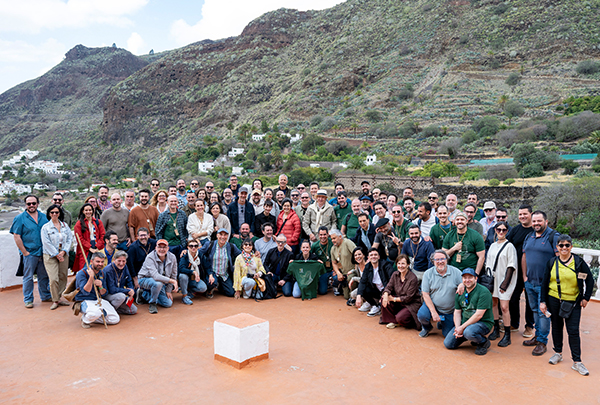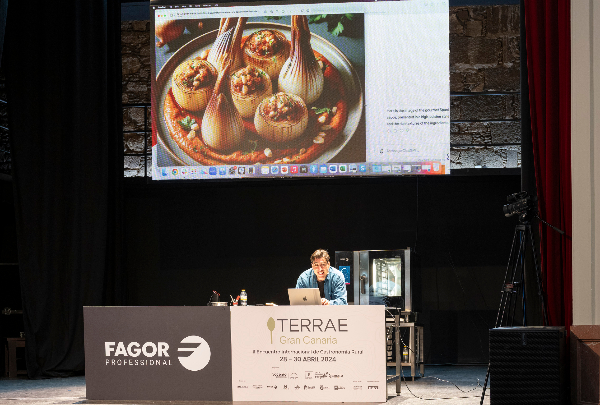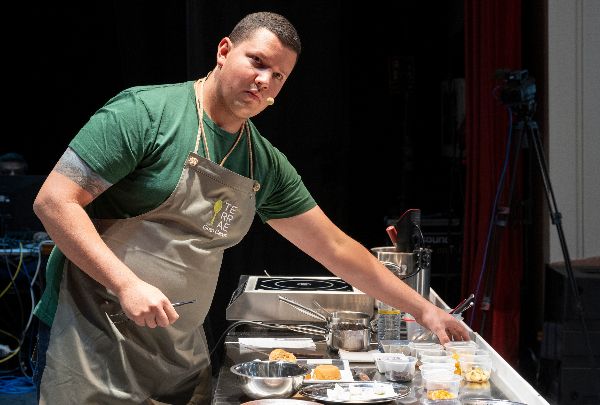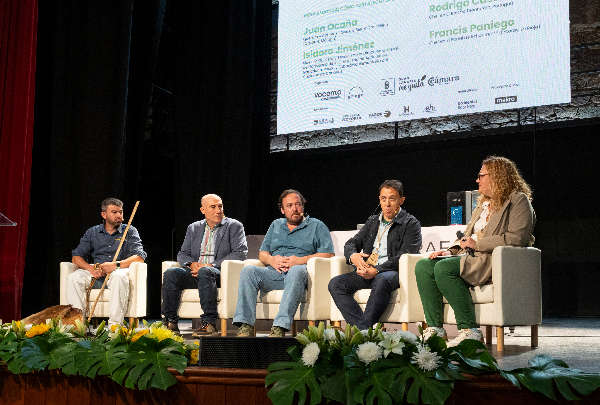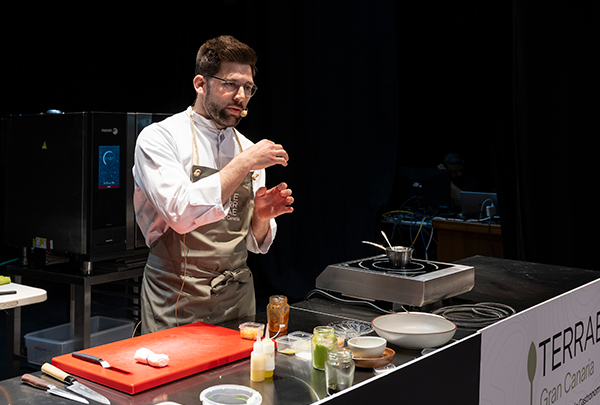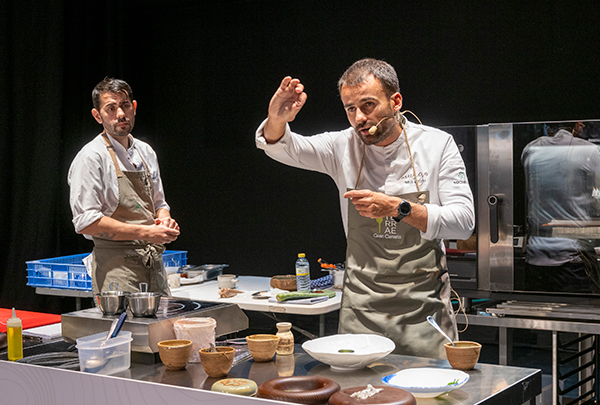News
Rural gastronomy is not a passing fad
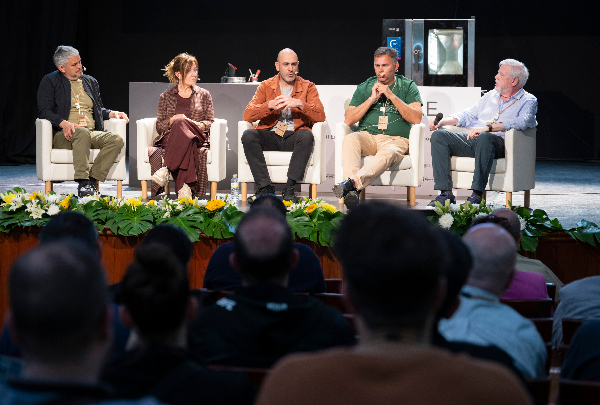
Terrae debates the future of the rural environment and its new identity, highlighting the role of gastronomy.
For the chef of Ca Na Toneta (Caimari, Mallorca), Maria Solivellas, one of Spain's 28 Michelin-starred chefs, "rural gastronomy is not a passing fad, because it makes perfect sense. It is a natural process for us to settle in the places where food is produced. In the cities, the trend is towards the industrialisation of cuisine by large groups of investors, but real cuisine has its place in the rural environment. That is why it has a future," she assures us.
In her corner of the Balearic Islands, Maria Solivellas makes food that is very much about identity, very much about the land and very much about dedicated producers, "because we are the prescribers, but without them we would be nothing. We have to work side by side, and the link has to get stronger and stronger," she explains. For the chef, it is essential to "dignify the figure of the producer, the farmer or the peasant; if their survival is in danger, it is because we, as a society, have not given them the value they really have. Failure to do so shows that we live in a sick society", and she acknowledged that in Mallorca the previous generation of farmers is giving way to "the neo-pastoralists, who are unfortunately in short supply, young people who have entered organic farming with a different and very interesting vision of the land, and they are the future". And they are the future.
The relationship with producers is also key to the philosophy of Nandu Jubany, chef and owner of Can Jubany* (Calldetenes, Catalonia). "I have had suppliers for 20 years that I use in all my establishments, such as bread and sausages. From our position as chefs, who see the output of each product, we must help our suppliers and accompany them," he admitted, revealing that "we will probably start making Angus sobrasada and we are going to set up a sausage company with a friend who slaughters 150 pigs a week. That way we can work with them to find a way to keep their business going".
And on another theme of the congress, the role of government in rural development, Jubany was truly pessimistic. "If you have a group that, whatever happens, always bounces back, why should you help them? We are smart people, and in the rural world even more so, because we have no help from a big capitalist partner," he said, admitting that "if the administration has not helped us by having the best cooks in the world and by contributing what we contribute to the economy, we have to be aware and throw in the towel: it will never help us.
Unity is strength
Víctor Lugo, owner of Finca la Laja and Bodega Los Berrazales (Agaete, Gran Canaria), added that in Spain "we need to promote ourselves better on the international stage, so that the gastronomic power that we are at world level can be seen", because in his opinion "we have not known how to take advantage of our great ambassadors, nor have we put the value of the entire rural environment in the same way as France or Italy, for example. "We need to unite and demand more support from the administration," he said. The Canary Islands businessman, a staunch defender of his territory, believes that in the countryside "we are united by the defence of the product, and we all want to participate in its production and preparation, to know its origin well". This defence is more of a passionate feeling than an economic one, "and you feel this passion more when you are in contact with the producers, with whom you share the same feeling, which is reflected in the dishes," he explains. For Lugo, therefore, the trend is to become even more connected to the rural environment.
And if there is one chef who champions the link with the land, it is Luis Alberto Lera, owner of the restaurant Lera* in Castroverde de Campos, in the province of Zamora, where he is committed to tradition and the link with the land, defending regional products such as Pichón de Tierra de Campos or game recipes. "I believe that we chefs have a lot to contribute to the consolidation of the territory, because we help to change the way of life of people in rural areas, generating a great socio-economic impact, even encouraging entrepreneurship around us," he affirmed.
And he said that the lack of generational renewal is a major obstacle to the proper development of the rural environment, which has led, for example, "to the closure of five livestock farms in Zamora last year, resulting in the loss of 5,000 native breed sheep. This is an absolute disaster, and the private sector is as much to blame as the public sector," he demanded, claiming that promoting youth employment in agriculture is a very difficult task. "Faced with the closure of two pigeon slaughterhouses, we have set up a cooperative and achieved the objectives of preserving the species, but we have not managed to attract young people, something that is really necessary in a region as depopulated as ours," he admitted.


